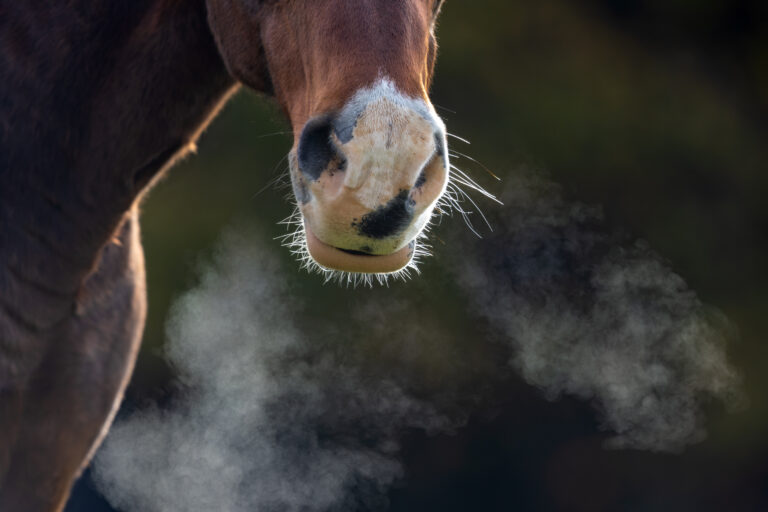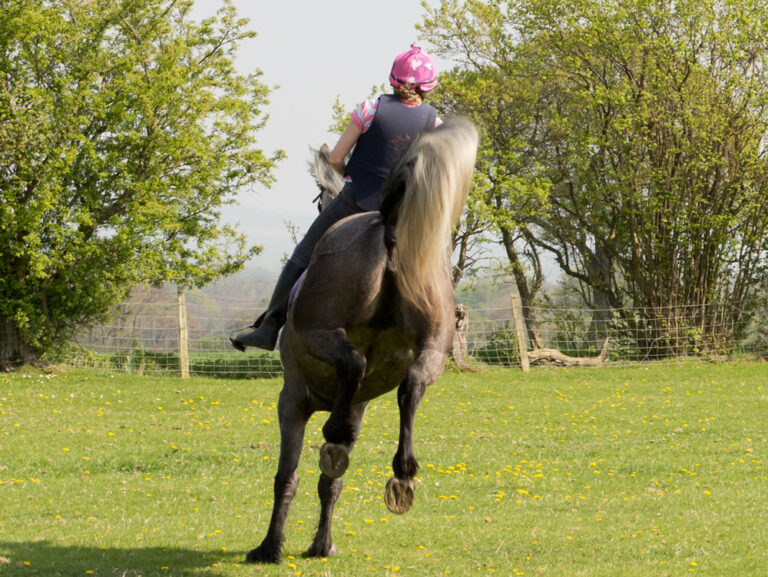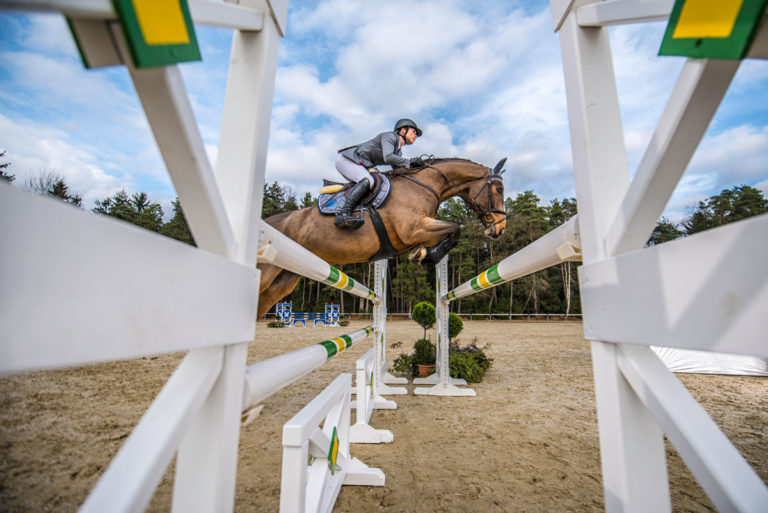
Colic surgery can be fraught with complications, including incisional infections—at a rate of 2.7%–39%—that have the potential for dehiscence. Based on successful results in using medical grade honey (MGH) for its anti-microbial properties in wounds, an Israeli group looked at application of MGH on the linea alba intraoperatively to mitigate the risk of incisional infections [Gustafsson, K.; Tatz, A.J.; Slavin, R.A., et al. Intra-incisional medical grade honey decreases the prevalence of incisional infection in horses undergoing colic surgery: a prospective randomized controlled study. Equine Veterinary Journal Dec 2020; access the article here].
The study evaluated 89 horses older than four months that had colic surgery between May 2017 and December 2018. The horses had no abdominal surgery within the previous three months, and they survived for more than two weeks post-op. Forty-nine horses received intraoperative MGH gel along the linea alba of the ventral midline after body wall closure and before suturing of the subcutaneous layer while the other forty served as controls with no treatment prior to closure. The amount of MGH gel applied was 1 ml per 2 cm of incision length.
Incisions were examined at 24 and 48 hours and at five days post-op. Staples were removed at 14 days and the incisions inspected by the veterinarian. The owners received a follow-up phone questionnaire three months later. An incision with drainage or moistness was considered infected and was swabbed for bacterial culture and sensitivity testing.
The results:
- Incisional infections were diagnosed in 19% (17) of horses: four (8.2%) in the treatment group; 13 (32.5%) in the control group.
- Four horses with incisional infections (23.2%) were diagnosed prior to discharge; 13 (76.5%) were diagnosed by a veterinarian or owner after discharge.
- 12 horses had incisional samples submitted for culture and sensitivity and 11 of them had multidrug-resistant bacteria, three of which had MRSA.
- Horses in the treatment group had a lower rate of incisional infection compared with the control group (8.2% vs. 32.5%, P = .02).
Specific factors were associated with incisional infection: a) younger age possibly due to more time lying down post-op; b) diarrhea within 48 hours post-op possibly associated with bacteremia and/or incisional contamination from soiled bedding or the environment; or c) laminitis five days post-operatively.
The researchers concluded: “Local prophylactic treatment with medical grade honey gel in the abdominal incision during surgery is safe and may significantly decrease the prevalence of incisional infections in horses undergoing colic surgery.”









